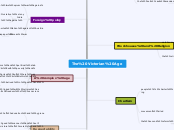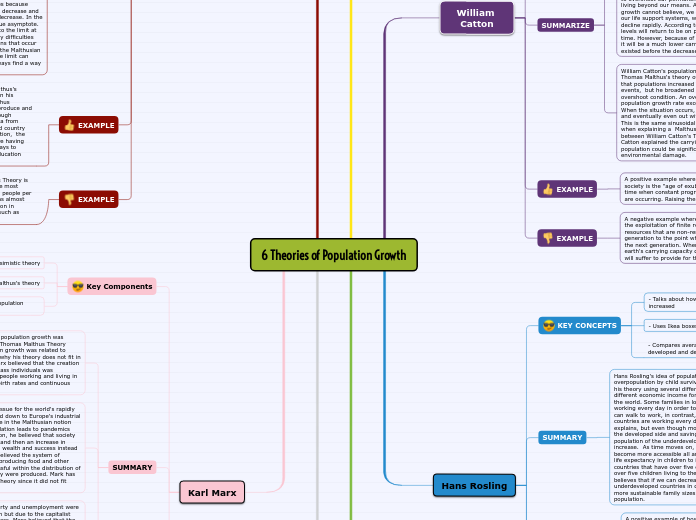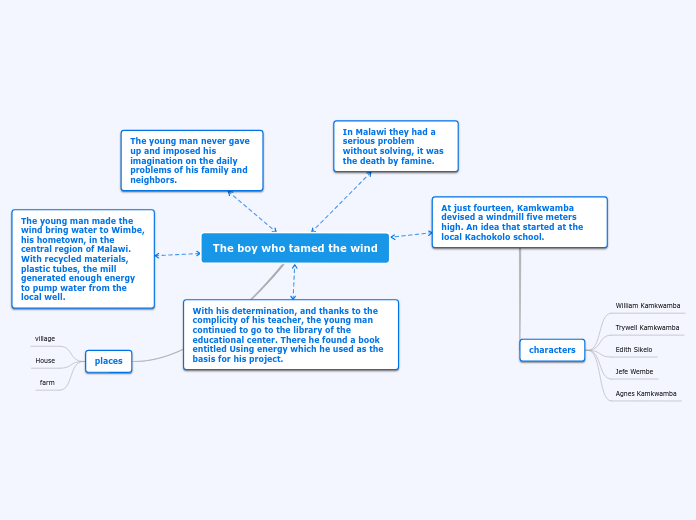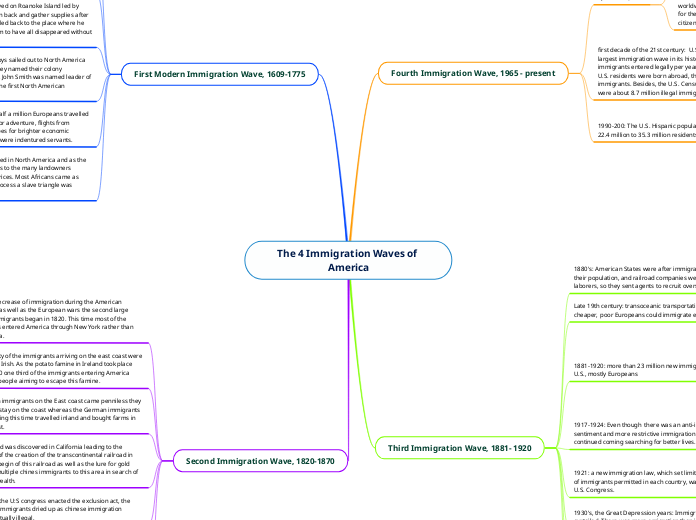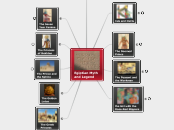The Victorian Age
Respectability
sexuality was generally repressed both
its in public and private forms
prudery
there was growing emphasis on the duty of man to
respect and protect the woman
women controlled the family budget and brought
up the children
was a misture of morality and hypocrisy
self-restraint, good manner and self-help
importance of education and hygiene
A complex age
freedom was linked with religion as regarded
freedom of cosnscience
the people belived in god and in science
modernity was prised but there was a revival of
Gothic and Classicism art
progress, reforms and political stability coexisted
with poverty and injustice
Foreign policy
Crimean war
first conflict reported in newspaper by journalists
Britain supported Italian agaisnt Austria
India
1857 the Indian Mutiny, agains the British rule
the most lucrative colony
involved in two opium war agains China
england gained access to five Chinese ports control
of Hong Kong
Technological progress
1860
London underground
money were invested in museums
1851
the graet exibition
1850
second wave of industrialisation
The Irish Potato Famine
the crisis forced the prime minister to Abolish the corn law in 1849
unknown plant disease from America
caused the destruction of potato crops in 1845
ireland depend on potatos
terrible femine
emigration
Chartism
the second reform act (1867)
the secret ballot was introducted
enfranchised part of the urban male class
movement failed
people's charter (1838) demanding
abolition of the property qualification for
memebership
universal male suffrage
annually elected Parliaments
paid MPs
equal electoral districts
Workhouses and Religion
the religion
strong force
workhouses
hard work and monotonous diet
idea behind
a dreadful life will inspire the poor
to try to imporve theit own condition
system of regimentation
An age of reform
the Poor Law Amandament act
creation of workhouses
the Factory act
children
between 13 to 18
no more than 72 work hours a week
between 9 to 13
no more than 48 work hours a week
the Great reform (1832)
had trasfered voting privileges
to the small boroughs to the large towns
Queen Victoria
merried Prince Alberte
9 childrens
age of progress
science, economy and social reforms
throne in 1837
she role for 64 years
when she was 18
